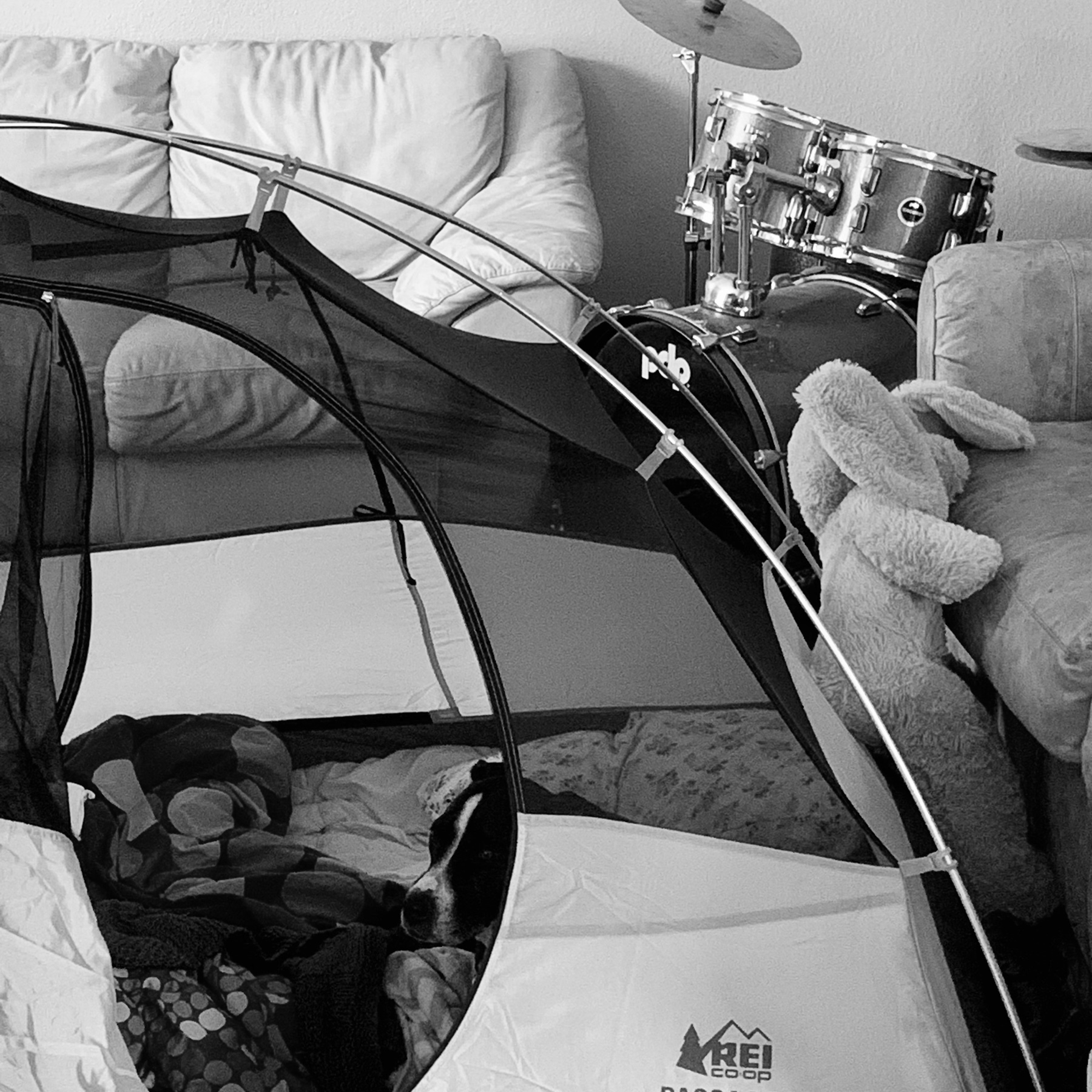
Currently reading: If I Understood You, Would I Have This Look on My Face?: My Adventures in the Art and Science of Relating and Communicating by Alan Alda 📚
Putting public hand washing stations outside of the restrooms is a great idea. This one is at @TheTapAndBottle (North). I think the downtown #tucson @cartelcoffeelab has one too.


Finished reading: From Embers to a Flame: How God Can Revitalize Your Church by Harry L. Reeder, III 📚Not just for those feeling down about their church. Reeder gives a biblical model for church life with practical applications that can help many. Good for elder training.

Finished re-reading: The Pastor Theologian: Resurrecting an Ancient Vision by Gerald Hiestand and Todd Wilson 📚 Two ideas I want to try: have project focus and put together a writing/reading group for support; schedule study leave for focused work.

Finished reading: A Practical Guide to Culture: Helping the Next Generation Navigate Today’s World by John Stonestreet 📚 A good starting point for overwhlemed caregivers.
The Onym Guide is a really fun and helpful resource for people who like words, with some sweet web design to boot. Officially it is: “an on-going open source attempt to organize the best tools and resources for naming things.”
Went on a beautiful, rainy hike in the Santa Catalina Mountains today with some folks from Covenant. So refreshing. We even saw a deer.

It’s one thing to interconnect your and your spouse’s lives , it’s another to cultivate a life together. Both are important, this post is about the latter: how to cultivate a life together.
1. Have shared values and goals
It’s hard to cultivate a life together if you are heading in different directions and in different ways. Why are you married? What do you want your future to like? What values and principles guide you on your way? These things should be known, agreed upon, celebrated, and protected. Re: core values, Donald Miller via Ken Blanchard says you should have three.
2. Create rituals
Another way to cultivate a life together is through rituals. By ritual, I mean a kind of repeatable, predictable series of actions that strengthen the relationship. You may connect these to time, as with birthday parties or watering the plants together on Wednesdays. Or you may connect them to events, as with celebration dinners after work promotions or the sharing of presents after coming home from trips. Some rituals will be common within your culture and others will be particular to your marriage.
Dr. John Gottman suggests some key rituals that can make a big difference in a marriage: partings, reunions, goodnight kiss, weekly date, state of the union. Click the clink and learn about these with your spouse. Decide which of them, or others, you’d like to incorporate into your married life.
3. Nurture romance
Romance is also important for cultivating a life together. By this I mean you should cultivate feelings of love, desire, joy, hope and longing for each other. Of course, some of the chemistry that happens between two people is automatic and mysterious, but it can also be learned, fostered, matured.
Leaning into romance and learning how to romance is an important for building connection. It demonstrates love and blesses our partner. If you struggle with this, it may help to learn what attracts and what inhibits attraction. Learn also to respect and enjoy masculinity and femininity. The Man’s Guide to Women by husband and wife teams, Gottman and Abrams, can help. You can be sure that it starts with admiration and affection. There are lots of good ways to do this, an admiration journal is one good idea.
4. Have sex
Sex is both ritual and romance. It’s not the only tool in the toolbox for building connection with each other, but it’s an important one. Married people should have sex and should make it about more than private parts: the best sex is an intercourse (communion, exchange) of the mind and body and heart.
Couples should have sex frequently, neither demanding nor withholding from one another. See 1 Corinthians 7v1-5. Research suggests 1-2x per week might be a healthy, average baseline for most people.
Learn how to talk about sex with each other. Find out what preferences or concerns each has regarding initiating sex, frequency, satisfaction, etc. Gaining knowledge of each other’s bodies and souls, working through problems together, and finding solutions to those problems will increase your intimacy.
5. Resolve conflict
You can expect conflict to be a part of your life together. If you are afraid of it and don’t handle it well, conflict will drive you a part. This means that you must learn how to face conflict and work through it in a way that honors God. As you do that, you will discover how God uses resolving conflict to draw you closer together. Not only in the resolution, but in the process too.
6. Have fun and make memories
Because life is hard, it’s easy to make your marriage only about slogging through problems. But life is also beautiful and fun. Enjoy it and each other along the way. CelebratE the ordinary and the extraordinary. Look for opportunities to make memories, tell inside jokes, play games, laugh.
7. Do things together
It’s okay and necessary to have different interests, responsibilities, and hobbies. You can support your spouse in these without taking them as your own in the same way. But it’s also important to have things you do together. It’s impossible to cultivate a life together if you’re actually never together. So while it may be more efficient to take two cars and split the errands, don’t always choose efficiency first. Some of life—a lot of life—needs to be about connection and relationships first.
8. Worship together
Worship, like sex, has the potential to reveal and affect the deepest parts of yourself. If you’re not sure about this, read the Psalms. Of course, as with sex, in worship you can just go through the motions, or you can choose to make worship, and the broader church family life, a meaningful and enriching part of your life together. Communion with each other in the presence of God is a great blessing.
I realize that for various reasons not all couples can worship together. The same is also true for the other categories listed above. And if you find things here that are impossible for you, remember that that’s okay. It’s not your job to control your spouse or do things that only God can do. Discontent and contempt are surefire ways ways to do the opposite of cultivating a life together. So don’t go down that road.
Most of these ideas are activities you and your spouse can do to cultivate a life together, but none of them will make a difference if your heart’s not in it. So start there. Pray for help, warm your heart toward your spouse, and take one courageous step towards deeper connection today.
Change can be difficult and sometimes it should be avoided. But change is often an inevitable and even a desirable part of life. When change is required or desired, we should help each other through the change, supporting and honoring each other as this happens.
It’s interesting to think about the relationship between relationships. Today I answer: can I have friends and be married?

Yes. You can be married and have friends. In fact, you should.
You can have other types of relationships too. Sure, when a man and woman marry they separate from their parents and form a new family unit. But this doesn’t mean you never call your mom. God made us capable of having different types of healthy relationships at the same time. And this includes friends.
So you can be married and have friends, and you should. Here are a few reasons why.
First, God didn’t design you and your spouse to always be alone-together. Both the individuals in a marriage and the marriage itself exist within a broader system of other important God-ordained relationships, which begin with the triune God himself and also include children, church, extended family, friends, neighbors, colleagues. Sometimes you will foster these as a couple (double-dates, going to visit family, church) and sometimes you will approach them separately (ladies’ night out, employee’s lunch, time alone with God).
Second, we need friends to not be lonely. Although spouses should seek friendship with each other, most of us need a few close friends to not feel lonely. Loneliness can be caused by not having enough friends, not having close friends, or both. We also need different kinds of friends in our life. (Here are some more facts about loneliness and things that can help overcome it.)
Third, good relationships tend to fuel other good relationships. Good friends will help you be a better spouse, and a good spouse will help you be a better friend. The flip side is also true. Bad relationships tend to fuel bad relationships. But the solution to bad relationships is not to avoid friends or never get married. Instead, cultivate all of your relationships in a godly way, working through problems as they arise.
God designed you and your spouse to have multiple healthy relationships in your life. Pursuing these, especially your relationship with God, can decrease your loneliness and improve your marriage. So if you’re married and do not have friends, ask yourself why. Talk to your spouse about it. And do what you can to support each other developing healthy relationships in and out of the home.
I’m sharing some more thoughts on marriage in the coming days. Next up: some presuppositions for a good marriage.
- “Marriage is to be between one man and one woman: neither is it lawful for any man to have more than one wife, nor for any woman to have more than one husband, at the same time.” (WCF 24.1)
- “Marriage was ordained for the mutual help of husband and wife, for the increase of mankind with legitimate issue, and of the church with an holy seed; and for preventing of uncleanness.” (WCF 24.2)
- Mutual help includes every part of life (spiritual, physical, financial, etc.) and should always be a part of our glorifying and enjoying of God. (WSC 1)
- Though marriage is useful and can help achieve certain ends, it must also be cultivated as a communion of love and joy. It needs to me about more than “the self-realization of the partners”.
- Neither party ought to define themselves only by the other person or the marriage itself, but live first and foremost in union with God, walking with integrity before him. So instead of starting with how do I keep my spouse happy or get what I want, start with what has the Lord for me here, and how can my principles help me move in that direction. This means you need to get really clear on who God is and who you are. Which means you need to actively develop your relationship with him.
- The marriage should be cultivated in harmony with the broader order of the world.
- Generally, there are differences between the sexes (anatomical, psychological, social, etc.), and also similarities (anatomical, psychological, social, etc.). Some of these are the result of genetics others are the results of conditioning or cultural expectations.
- Culturally inherited roles that go against God’s design must be rejected. Culturally inherited roles that do not go against God’s design may, and often should, be accepted.
- Regarding the government of the marriage, the Bible says that husbands are called to lead and wives should submit to that leadership. The Bible does not say exactly how that should work for each couple. So ech couple will need to wisely find good ways to work that out.
- Each person has influence over the whole relationship but not complete influence.
- You, your spouse, and your marriage will never be perfect. You’ll always be solving problems and some problems will be unsolvable.
- A good marriage requires shared aims and boundaries and practices for your marriage. Share these by talking about them. Don’t aim for and cultivate an assumed relationship that only you may know about or want.
- A good marriage requires both people to be deeply committed and connected to each other.
- A good marriage is an ever-deepening connection between two people. Connection comes from trust, affection, and understanding over time.

Currently reading: Design for Preaching by H. Grady Davis 📚 An unusual and good book on preaching from 1958. For the influence Davis' book had on him, Haddon Robinson said, " I owe him a great debt."
I put together a great list of questions for pre-marital counseling, but married people can use them to improve their marriage as well.



